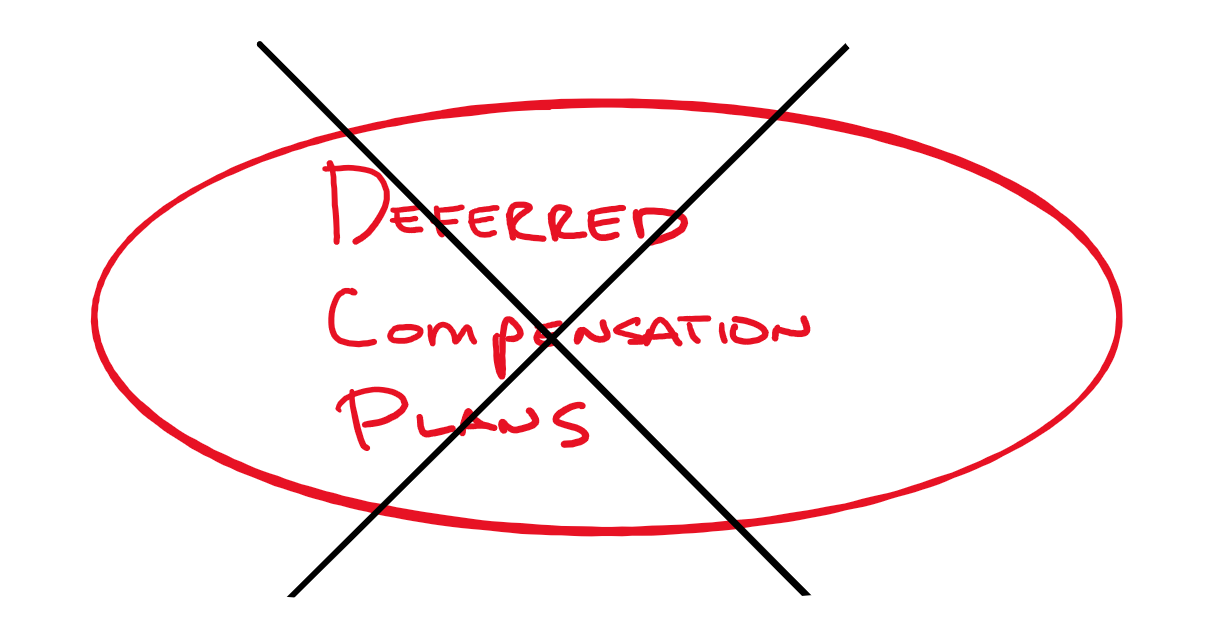
❌Distribution decisions are generally irrevocable
When you begin contributing to a deferred compensation period, you will need to decide when you are going to ultimately receive the distributions. For example, you might decide to receive the funds lump sum at retirement or you might decide to receive the funds in five years and have the proceeds paid out over three years.
❌You are a general creditor in the plan.
If your employer goes bankrupt, get in line. You are one of most likely many creditors with their hand out wanting to get their money back.
❌ Potential Tax Time Bomb
Tax rules change. A lot. Why would I want to make an irrevocable decision today that might substantially have dire unforeseen consequences in the future.
Before putting your hard earned money in any investment, ask yourself does it pass the T.A.G. test…
✅ Tax Efficient
✅ Access
✅ Growth Opportunity
Nic Note: A Deferred Compensation plan fails 2 of the 3 tests. It is not tax efficient because even though funds go in pre-tax, the funds are distributed as ordinary income. Even worse, you lose control of how those distributions take place. In addition, you do not have access to your funds in case of an emergency.
Information in this material is for general information only and not intended as investment, tax or legal advice. Please consult the appropriate professionals for specific information regarding your individual situation prior to making any financial decision.







